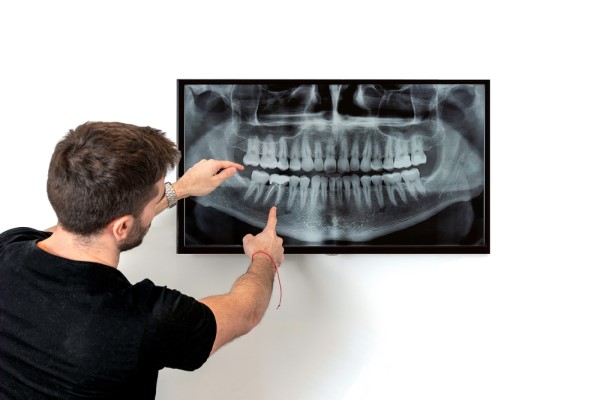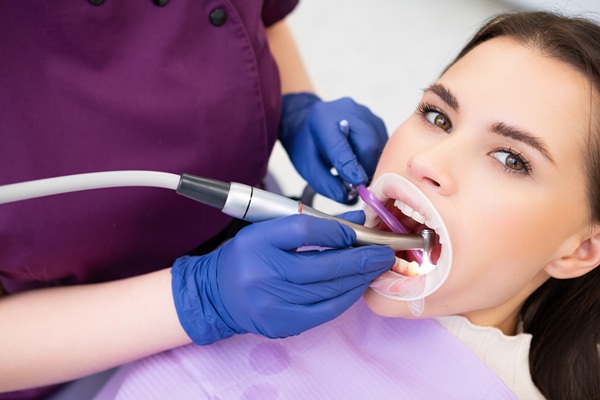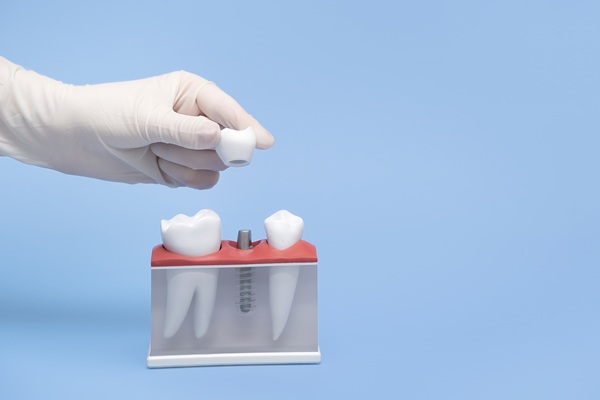Why You Should Schedule an Oral Cancer Screening With Your Dentist

You can have an oral cancer screening on your next dental visit. This type of screening is not invasive at all. It is a quick process at the dental clinic. Any type of cancer is hazardous to your health. Working with your dentist to prevent it is worth the time and effort. If you want to know why you should schedule an oral cancer screening, here are the details.
It is not easy to detect
The dentist can find cancerous or precancerous tissue in the oral cavity and lips. A visual examination always happens during routine dental appointments. This will detect any lesions and sores in the mouth’s tissues. Inspecting the head and neck regions will follow. The dentist will take the patient’s medical history, risk factors, and symptoms.
The dentist will then find the extent or stage of the cancer once it has been detected. The staging tests in an oral cancer screening include an endoscopy. This test uses a small, flexible camera. It can see beyond the mouth area down to the patient’s throat.
An oral cancer screening can also use imaging tests to see if cancer has spread to other areas near the mouth. The dentist can use MRI, digital X-rays, CT scans, and PET (positron emission tomography) scans. The dentist will decide which imaging test is right for the patient. Staging cancer involves using Roman numeral symbols I, II, III, or IV. This helps determine the right treatment for the patient.
Early treatments must start if there is cancer
An oral cancer screening can start the treatments right away. This depends on the stage and location of cancer. The patient’s preferences and general health also influence the treatment or combination of treatments. Chemotherapy, surgery, and radiation therapy are the common oral cancer treatments. The patient and dentist will have a detailed discussion about this.
Surgery in the mouth cuts away the tumor and some of the healthy tissue. This makes sure there are no cancer cells left. A larger tumor may need more extensive healthy tissue removal. The removal of oral cancer in the neck may involve the removal of tissue and lymph nodes. The surgery will involve neck dissection. This invasive procedure will remove the cancer cells.
Mouth reconstruction follows surgery for tumor removal. This will help the patient regain the ability to eat and speak. Grafts of bone, muscle, and skin will replace the damaged components of the mouth. Dental implant surgery can replace the lost teeth from the tumor removal.
Learning cancer prevention is essential
The dentist can share valuable information during an oral cancer screening. All people are at risk. The risk increases if the patient consumes tobacco and alcoholic beverages. Avoiding these substances can lower one’s risk of developing oral cancer. Strengthening the immune system through clean living can help fight off or even prevent oral cancer.
Scheduling an oral cancer screening can help save your life and improve your general health
Optimal oral and general health is possible to achieve. Preventive measures are capable of warding off cancer. Working with your dentist can reduce or even eliminate your risk of developing this life-threatening disease. You can start your oral cancer screening at your next dental appointment.
Are you considering having an oral cancer screening in the Mountain View area? Get more information at https://smilesdental.com.
Check out what others are saying about our dental services on Yelp: Oral Cancer Screening in Mountain View, CA.
Recent Posts
A general dentist professional would be the most obvious choice of people to go to get an oral cancer screening. Because your dentist has most likely seen you before, they will be able to screen your mouth without any issue.Since a lot of people are not educated on oral cancer screenings, the most common questions…
The risk for oral cancer increases with the use of tobacco or heavy consumption of alcohol. People with human papillomavirus, a sexually transmitted disease, are also at increased risk, as are people over the age of 55. Nevertheless, risk factors are not always present prior to a diagnosis of mouth cancer. According to the Prevent…
Many people are more focused on preventing cavities than oral cancer. Too many people do not take the steps to avoid this issue. However, this form of cancer does not have a lot of awareness, including how to prevent it. Oral cancer, including in the tongue, cheeks, throat, or tonsils, can be caused by many…
Early detection and treatment of oral cancer are very important. It can help prevent the disease from spreading to other areas of the body or developing further. A large percentage of people in the United States survive from oral cancer after a couple of years. As long as this condition is caught early, the chances…


